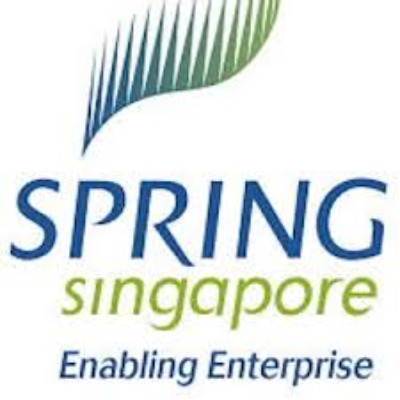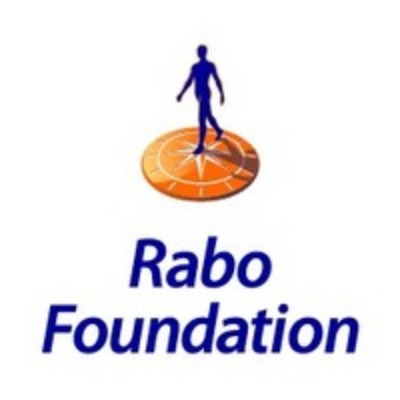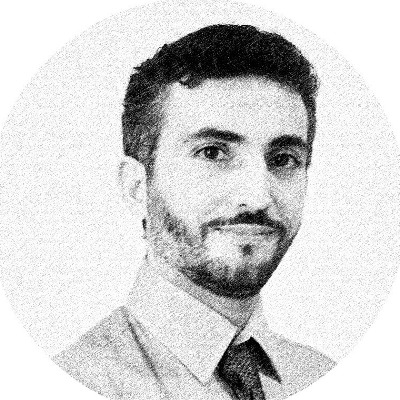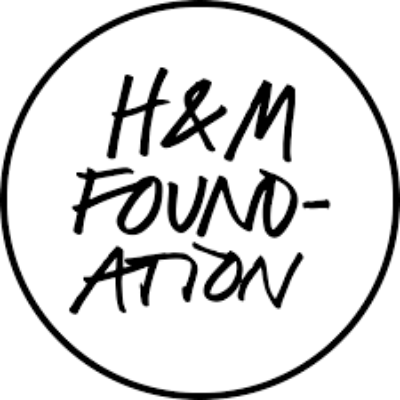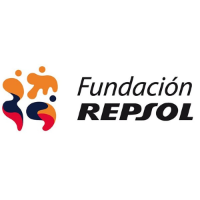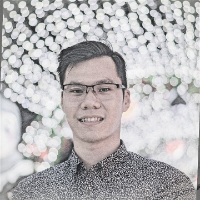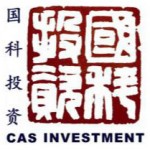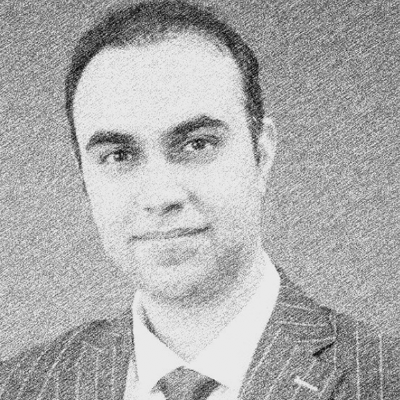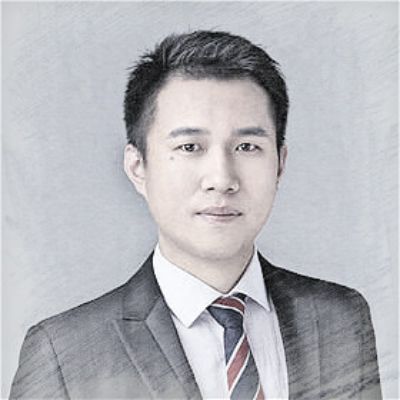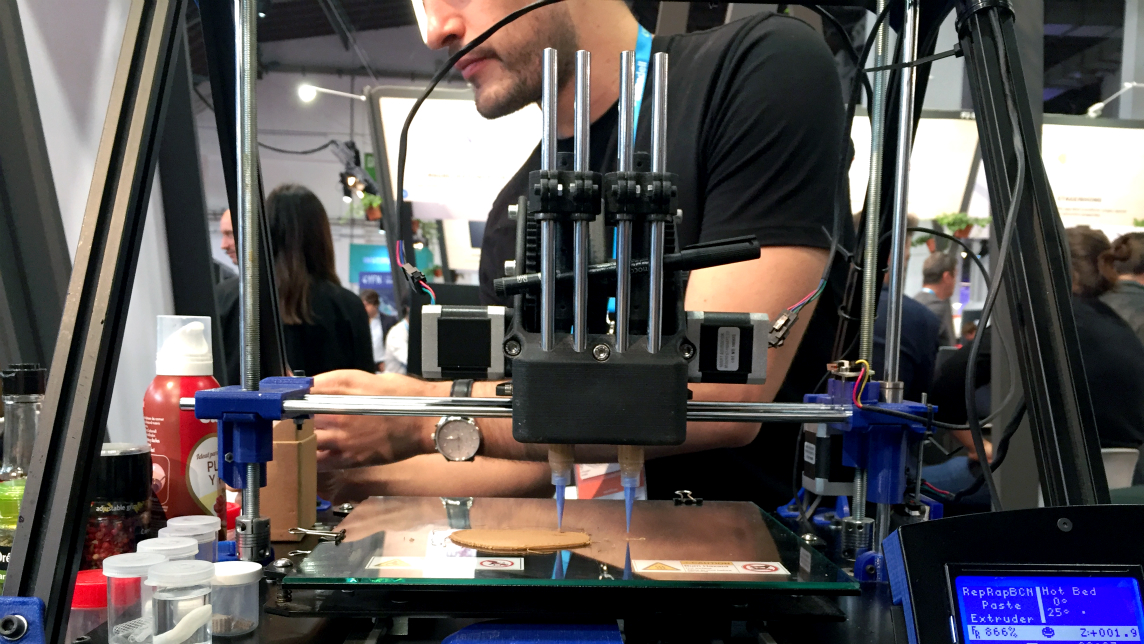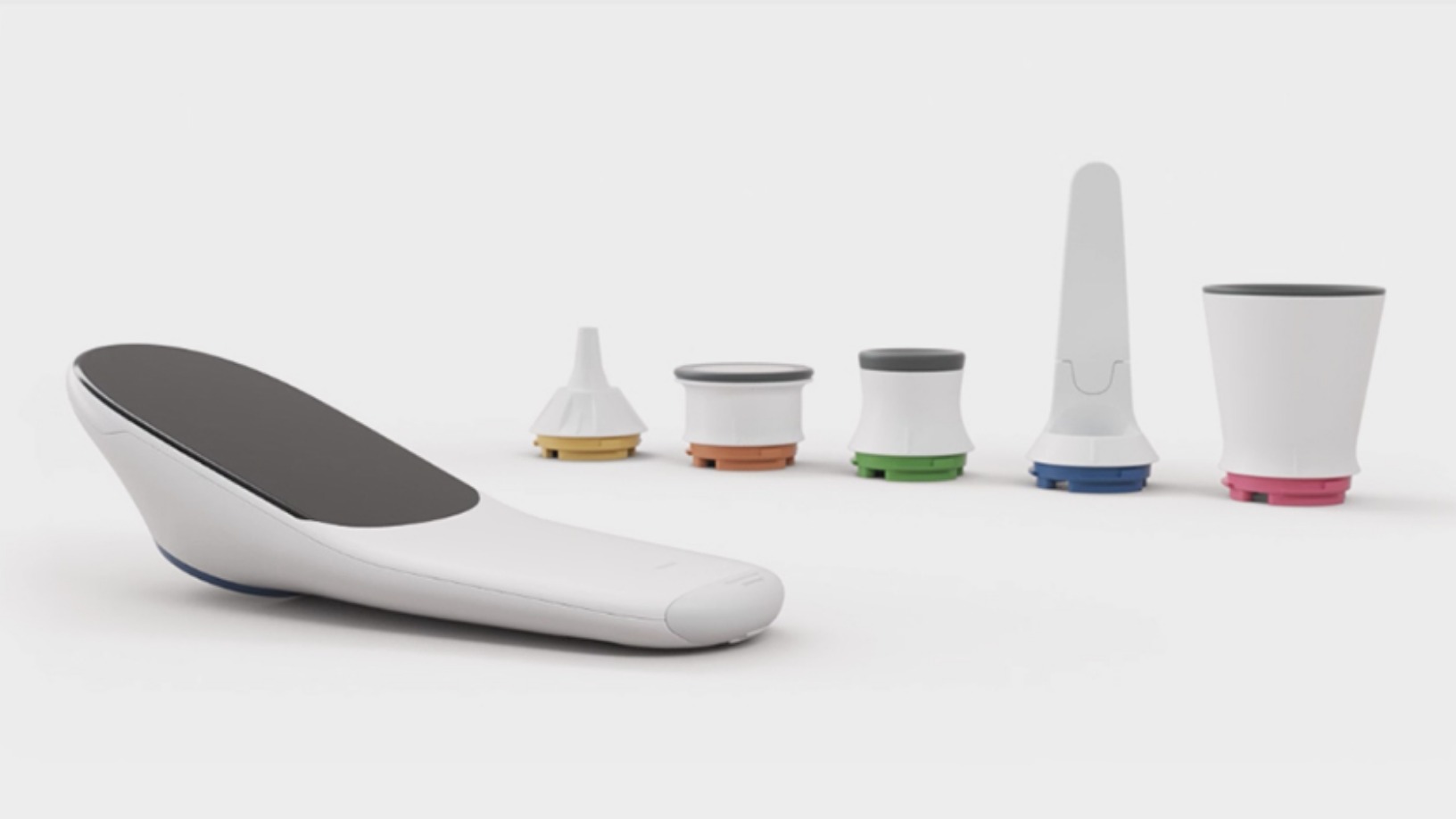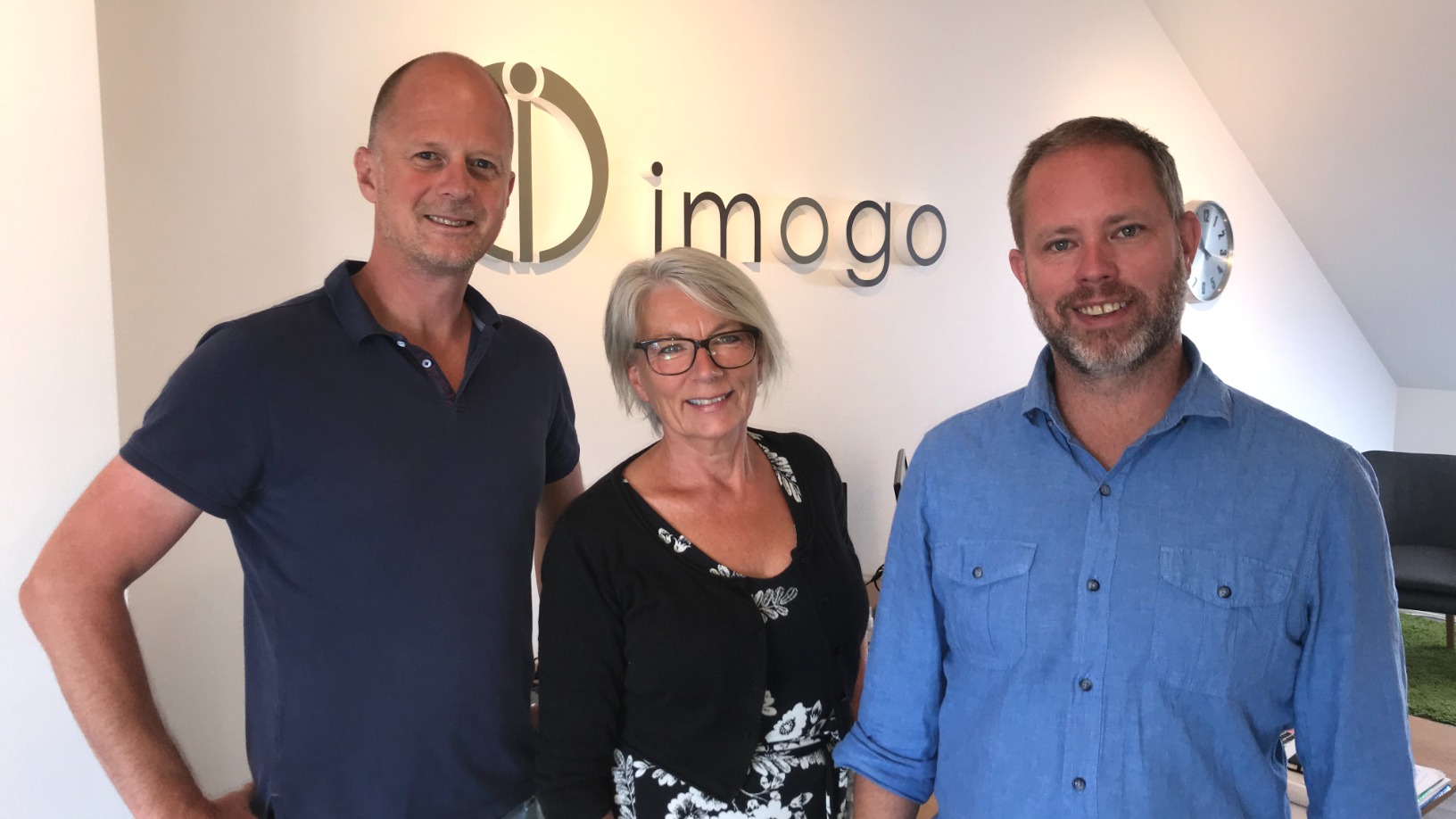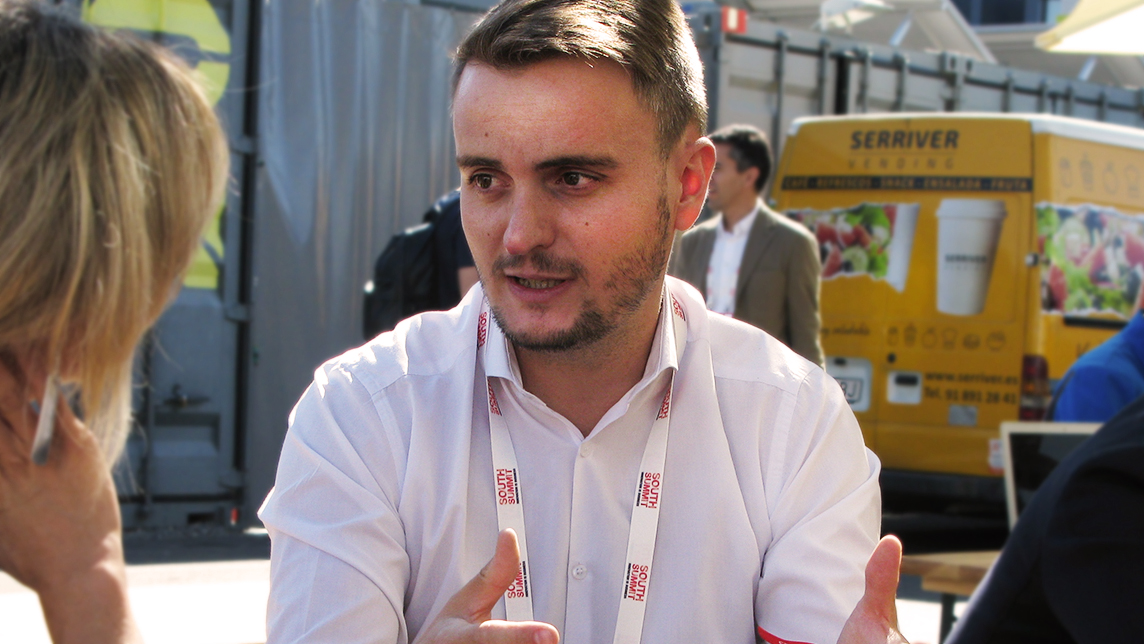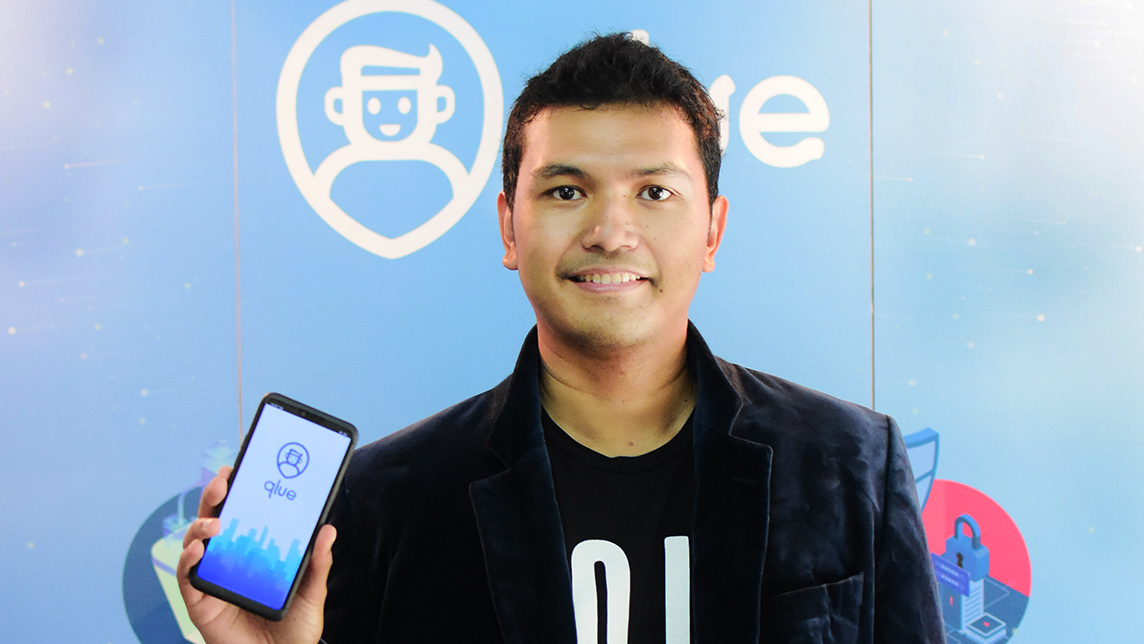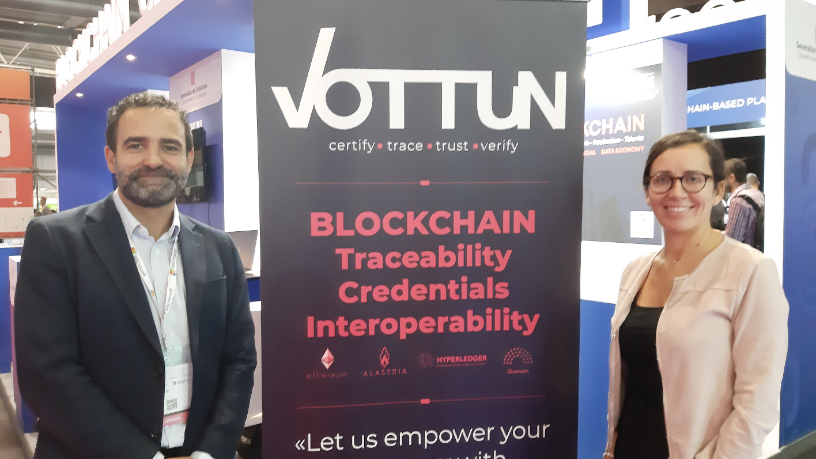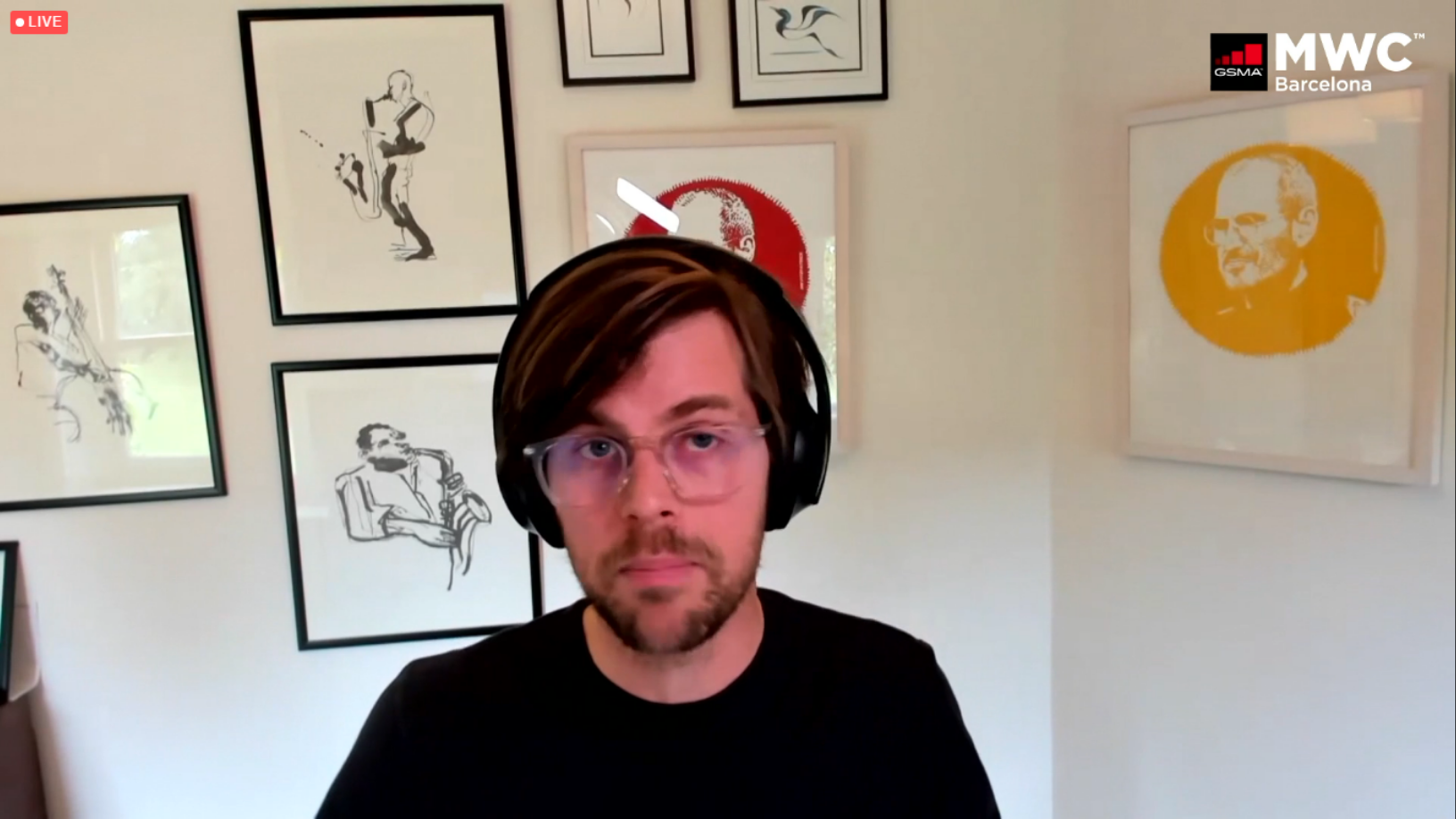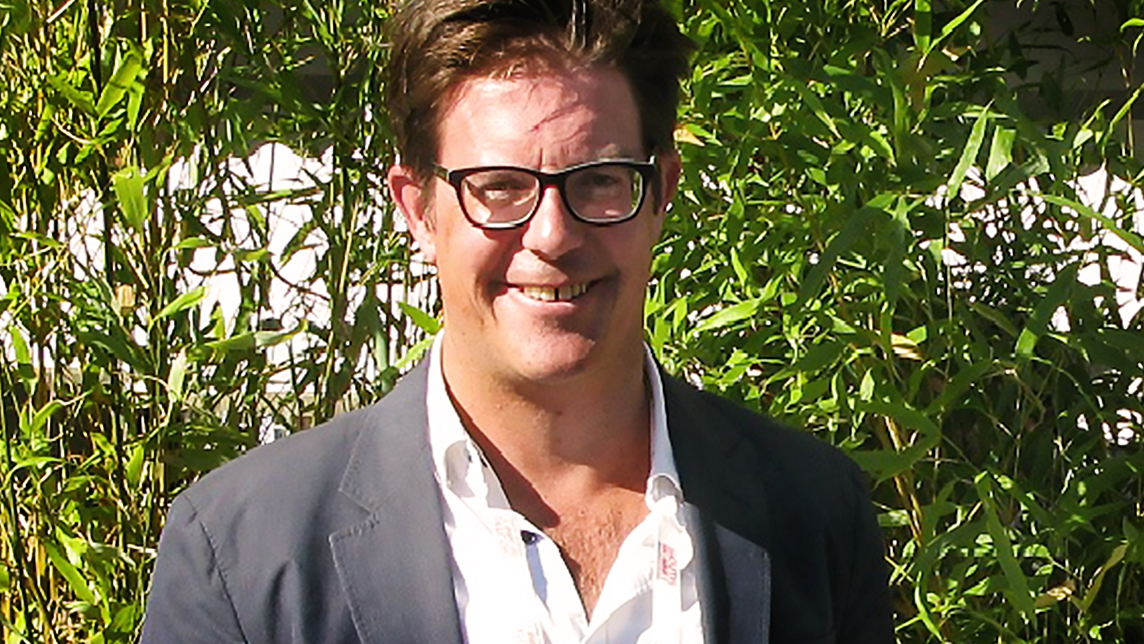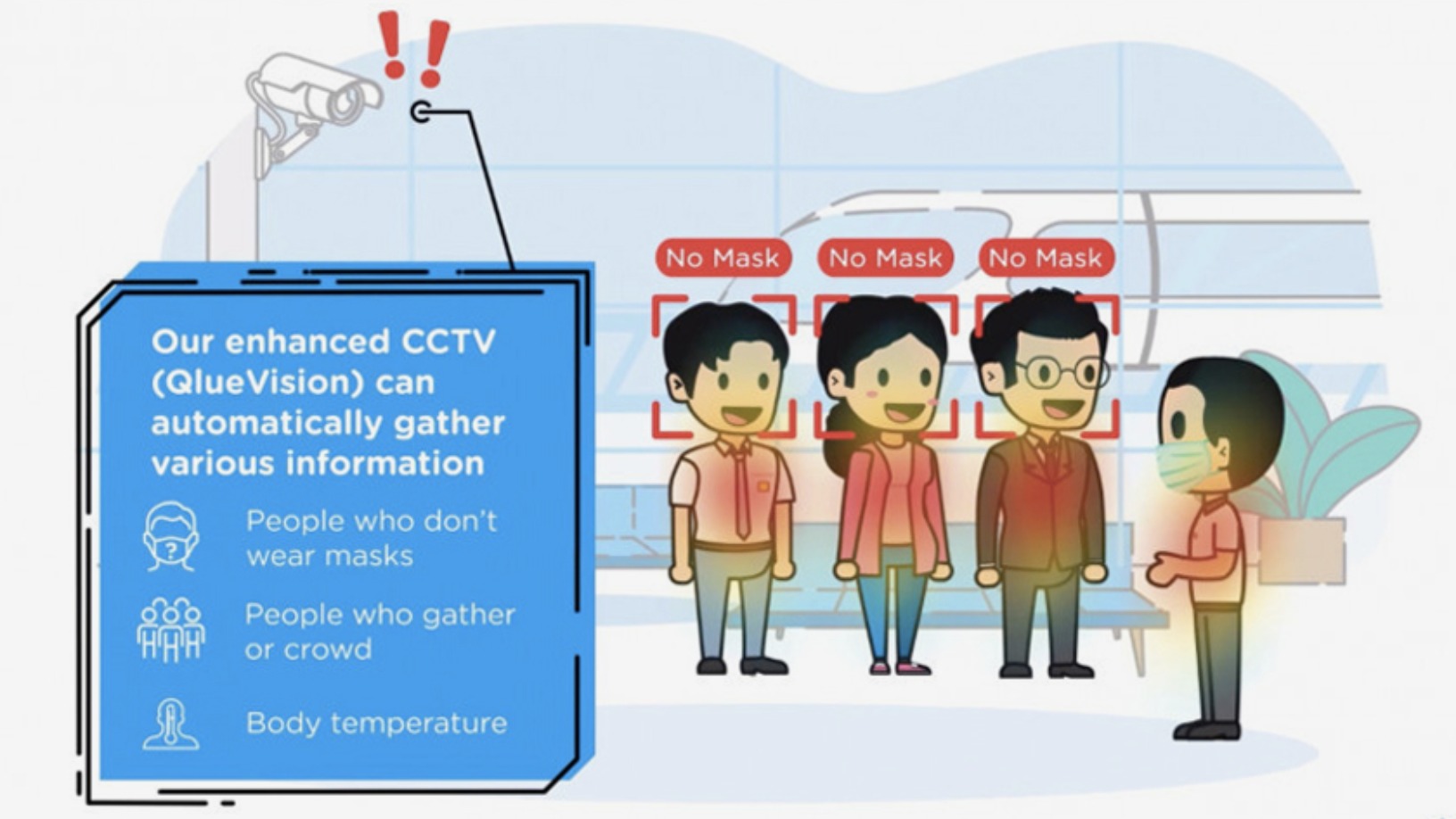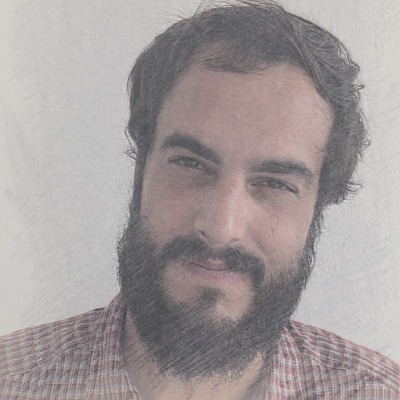National Research Foundation Singapore
-
DATABASE (428)
-
ARTICLES (524)
The Standards, Productivity and Innovation Board (SPRING Singapore) used to be a statutory board under the Ministry of Trade and Industry of Singapore. It was also the national standards and conformance body, tasked with developing and promoting internationally-recognized standards and quality assurance infrastructure.In April 2018, SPRING Singapore and International Enterprise Singapore were merged to form a single agency, Enterprise Singapore, a government agency championing enterprise development.
The Standards, Productivity and Innovation Board (SPRING Singapore) used to be a statutory board under the Ministry of Trade and Industry of Singapore. It was also the national standards and conformance body, tasked with developing and promoting internationally-recognized standards and quality assurance infrastructure.In April 2018, SPRING Singapore and International Enterprise Singapore were merged to form a single agency, Enterprise Singapore, a government agency championing enterprise development.
Based in the municipality of Falkenburg, the Bertebos Foundation was founded in 1994 by Olof and Brita Stenström to promote education and scientific research in the food industry. The family-run foundation holds 30% shares in the family business Bertegruppen AB. The group’s food brand portfolio includes producer of ice-cream and sorbets SIA Glass and Berte Qvarn that runs a dairy farm, flour mill and bakery.
Based in the municipality of Falkenburg, the Bertebos Foundation was founded in 1994 by Olof and Brita Stenström to promote education and scientific research in the food industry. The family-run foundation holds 30% shares in the family business Bertegruppen AB. The group’s food brand portfolio includes producer of ice-cream and sorbets SIA Glass and Berte Qvarn that runs a dairy farm, flour mill and bakery.
Based in San Francisco, the Mulago Foundation is a philanthropic foundation designed to carry on the life work of pediatrician Rainer Arnhold who died in 1993 while working in the mountains of Bolivia. He originally set up the Mulago Foundation in 1968, naming it after a hospital in Uganda. His Jewish family, bankers for generations, continued to support the foundation for impact investing across diverse sectors and geographies, with scalable solutions to alleviate poverty.It has invested in 61 companies to date. Successful ventures include: Kenya’s Komaza that raised $28m in its 2020 Series B and Myanmar’s Proximity Finance, a fintech for small-holder farmers that raised $14m in 2020. Komaza helps poor families turn dry land into small-scale, income-generating tree farms, benefiting more than 2m farmers in Sub-Saharan Africa.
Based in San Francisco, the Mulago Foundation is a philanthropic foundation designed to carry on the life work of pediatrician Rainer Arnhold who died in 1993 while working in the mountains of Bolivia. He originally set up the Mulago Foundation in 1968, naming it after a hospital in Uganda. His Jewish family, bankers for generations, continued to support the foundation for impact investing across diverse sectors and geographies, with scalable solutions to alleviate poverty.It has invested in 61 companies to date. Successful ventures include: Kenya’s Komaza that raised $28m in its 2020 Series B and Myanmar’s Proximity Finance, a fintech for small-holder farmers that raised $14m in 2020. Komaza helps poor families turn dry land into small-scale, income-generating tree farms, benefiting more than 2m farmers in Sub-Saharan Africa.
Shell Foundation is the not-for-profit investment arm of the global energy giant Shell. Based in London, the foundation was set up in 2000 to invest in social and environmental impact companies, including startups with the potential to reach out to over 10m low-income consumers and achieve financial viability within 10 years. The foundation mainly invests at the pre-seed and seed funding stage and currently has 77 startups in its portfolio. In January 2021, it joined the $790,000 seed round of African agritech social enterprise AgroCenta and also gave a $350,000 grant to sustainable mobility platform Easy Matatu in Uganda.
Shell Foundation is the not-for-profit investment arm of the global energy giant Shell. Based in London, the foundation was set up in 2000 to invest in social and environmental impact companies, including startups with the potential to reach out to over 10m low-income consumers and achieve financial viability within 10 years. The foundation mainly invests at the pre-seed and seed funding stage and currently has 77 startups in its portfolio. In January 2021, it joined the $790,000 seed round of African agritech social enterprise AgroCenta and also gave a $350,000 grant to sustainable mobility platform Easy Matatu in Uganda.
The Ford Foundation is an international philanthropy established in 1936 by Edsel Ford, son of the founder of the Ford Motor Company Henry Ford. The foundation funds initiatives in various fields with the goal of advancing human welfare. Headquartered in New York, it has offices outside the US, including an Indonesian branch that was opened in 1953. In 2014, it awarded a total of US$750,000 to 12 projects through Cipta Media Seluler (CMS), an open grant that supports social change initiatives powered by mobile phone-related technologies in Indonesia.
The Ford Foundation is an international philanthropy established in 1936 by Edsel Ford, son of the founder of the Ford Motor Company Henry Ford. The foundation funds initiatives in various fields with the goal of advancing human welfare. Headquartered in New York, it has offices outside the US, including an Indonesian branch that was opened in 1953. In 2014, it awarded a total of US$750,000 to 12 projects through Cipta Media Seluler (CMS), an open grant that supports social change initiatives powered by mobile phone-related technologies in Indonesia.
Not-for-profit social impact investor, Rabo Foundation, is a subsidiary of Rabobank based in the Netherlands. The bank specializes in sustainability-oriented banking, food and agriculture financing.Founded in Utrecht in 1974, Rabo Foundation actively invests in the Netherlands and 22 emerging markets across Africa, Asia and Latin America. It mainly focuses on funding for social enterprises, especially savings and credit cooperatives and producer organizations for smallholder farmers. It currently has investments in 26 startups including participation in AgroCenta’s $790,000 seed round in January 2021. Rabo has also pumped in $500,000 in Dutch fintech Geldfit.nl, a debt prevention and counseling app service.
Not-for-profit social impact investor, Rabo Foundation, is a subsidiary of Rabobank based in the Netherlands. The bank specializes in sustainability-oriented banking, food and agriculture financing.Founded in Utrecht in 1974, Rabo Foundation actively invests in the Netherlands and 22 emerging markets across Africa, Asia and Latin America. It mainly focuses on funding for social enterprises, especially savings and credit cooperatives and producer organizations for smallholder farmers. It currently has investments in 26 startups including participation in AgroCenta’s $790,000 seed round in January 2021. Rabo has also pumped in $500,000 in Dutch fintech Geldfit.nl, a debt prevention and counseling app service.
Co-founder and CTO of Allozymes
Akbar Vahidi is an Iranian researcher turned entrepreneur based in Singapore. After graduating in 2010 with a bachelor’s in chemical engineering from Sharif University of Technology, he pursued a PhD in chemical and biomolecular engineering at the National University of Singapore (NUS). Vahidi earned his PhD in 2015 and briefly worked as a research fellow at Nanyang Technological University before returning to NUS to pursue research.At NUS, he was a part of a research group that developed a new enzyme screening method based on microfluidics technology. With fellow NUS PhD graduate Peyman Salehian, Vahidi secured an exclusive license to use the technology and established Allozymes, a startup that offers enzyme engineering services. Vahidi became the CTO of Allozymes.
Akbar Vahidi is an Iranian researcher turned entrepreneur based in Singapore. After graduating in 2010 with a bachelor’s in chemical engineering from Sharif University of Technology, he pursued a PhD in chemical and biomolecular engineering at the National University of Singapore (NUS). Vahidi earned his PhD in 2015 and briefly worked as a research fellow at Nanyang Technological University before returning to NUS to pursue research.At NUS, he was a part of a research group that developed a new enzyme screening method based on microfluidics technology. With fellow NUS PhD graduate Peyman Salehian, Vahidi secured an exclusive license to use the technology and established Allozymes, a startup that offers enzyme engineering services. Vahidi became the CTO of Allozymes.
H&M Foundation is a non-profit foundation established in 2013. It is privately funded by the Stefan Persson family, the founders and major shareholders of the H&M Group, who have donated SEK 1.5 billion to it to date. The foundation aims to help accelerate progress towards the UN Sustainable Development Goals 2030, by developing, funding and sharing solutions to address the world’s most urgent issues. It has a particular focus on promoting a planet-positive fashion industry and on building inclusive societies.Tackling mostly challenges associated with the fast fashion industry and its supply chain, H&M Foundation advocates for more sustainable practices across the fashion value chain and more inclusive business practices. The foundation is also actively involved in providing emergency relief for natural disasters or pandemics. It also aims to encourage innovation that promotes social change and sustainability. To this end, it provides startups support in accelerating and scale new technologies. It also runs the Global Change Award. Dubbed the Nobel Prize of fashion, this aims to recognise disruptive innovations that have the potential to make fashion more sustainable, and transform the way garments are designed, produced, shipped, bought, used and recycled.
H&M Foundation is a non-profit foundation established in 2013. It is privately funded by the Stefan Persson family, the founders and major shareholders of the H&M Group, who have donated SEK 1.5 billion to it to date. The foundation aims to help accelerate progress towards the UN Sustainable Development Goals 2030, by developing, funding and sharing solutions to address the world’s most urgent issues. It has a particular focus on promoting a planet-positive fashion industry and on building inclusive societies.Tackling mostly challenges associated with the fast fashion industry and its supply chain, H&M Foundation advocates for more sustainable practices across the fashion value chain and more inclusive business practices. The foundation is also actively involved in providing emergency relief for natural disasters or pandemics. It also aims to encourage innovation that promotes social change and sustainability. To this end, it provides startups support in accelerating and scale new technologies. It also runs the Global Change Award. Dubbed the Nobel Prize of fashion, this aims to recognise disruptive innovations that have the potential to make fashion more sustainable, and transform the way garments are designed, produced, shipped, bought, used and recycled.
The Plantbase Foundation is a non-profit institution run by entrepreneur and impact investor Willem Blom based in The Netherlands. Most of the Plantbase activities are backed by donors. At least 80% of the donations are used to support enterprises that facilitate the shift from animal agriculture to a vegan lifestyle. The foundation has invested in foodtechs involved in the meat, fish and dairy industries; as well as food delivery and apps. Its portfolio includes fast-growing startups like Heura, Meatable, Livekindly and Mission Barns. It also works with investment partners like Kale United, Mile High Vegan Network, Vegan Entrepreneurs Network and GlassWall Syndicate.
The Plantbase Foundation is a non-profit institution run by entrepreneur and impact investor Willem Blom based in The Netherlands. Most of the Plantbase activities are backed by donors. At least 80% of the donations are used to support enterprises that facilitate the shift from animal agriculture to a vegan lifestyle. The foundation has invested in foodtechs involved in the meat, fish and dairy industries; as well as food delivery and apps. Its portfolio includes fast-growing startups like Heura, Meatable, Livekindly and Mission Barns. It also works with investment partners like Kale United, Mile High Vegan Network, Vegan Entrepreneurs Network and GlassWall Syndicate.
The Repsol Foundation, part of the Repsol Group, is committed to improving social and environmental outcomes.Repsol has launched a €50m social investment fund to be used in developing a portfolio of social enterprises focused on energy transition and social inclusion of vulnerable groups in Spain. The firm invested €9,5m during 2018.
The Repsol Foundation, part of the Repsol Group, is committed to improving social and environmental outcomes.Repsol has launched a €50m social investment fund to be used in developing a portfolio of social enterprises focused on energy transition and social inclusion of vulnerable groups in Spain. The firm invested €9,5m during 2018.
CTO and Co-founder of Nusantics
Revata Utama has worked as an engineer and scientist in various biomedical R&D projects. After graduating from the National University of Singapore in 2012 with a bachelor's in Life and Biomedical Sciences, Utama joined Delta Electronics in 2013. He worked as a biomedical engineer from 2013 to 2017, as part of the R&D teams for joint projects with Singapore's Institute of Bioengineering and Nanotechnology (IBN) at Biopolis.In June 2017, he joined JN Medsys in Singapore to conduct research on polymerase chain reaction (PCR) chip projects. He left Medsys in January 2020 to return to Indonesia and run Nusantics full-time as CTO to lead the company's research into genomics-based services.
Revata Utama has worked as an engineer and scientist in various biomedical R&D projects. After graduating from the National University of Singapore in 2012 with a bachelor's in Life and Biomedical Sciences, Utama joined Delta Electronics in 2013. He worked as a biomedical engineer from 2013 to 2017, as part of the R&D teams for joint projects with Singapore's Institute of Bioengineering and Nanotechnology (IBN) at Biopolis.In June 2017, he joined JN Medsys in Singapore to conduct research on polymerase chain reaction (PCR) chip projects. He left Medsys in January 2020 to return to Indonesia and run Nusantics full-time as CTO to lead the company's research into genomics-based services.
CAS Investment Management Co., Ltd.
Established in 1987 by the National Economic Commission and the Chinese Academy of Sciences as the Foundation for Economic Development, the renamed CAS Investment Management Co., Ltd. was transformed into a limited liability company in 2006. It has invested in and made profitable more than 300 technology projects.
Established in 1987 by the National Economic Commission and the Chinese Academy of Sciences as the Foundation for Economic Development, the renamed CAS Investment Management Co., Ltd. was transformed into a limited liability company in 2006. It has invested in and made profitable more than 300 technology projects.
Co-founder and CEO of Allozymes
Peyman Salehian is an Iranian-born entrepreneur trained in chemical and biomolecular engineering. He founded his first company in 2010 after developing a custom material, and sold his stake in the company in 2013 before pursuing a PhD in Chemical and Biomolecular engineering at the National University of Singapore (NUS).Salehian graduated from the PhD program in 2017 and worked as a research fellow before embarking on one-year stints at two Singapore companies. In late 2019, he and fellow NUS researcher Akbar Vahidi established Allozymes, a startup offering enzyme engineering services using NUS-developed technology under license, with Salehian as CEO and Vahidi as CTO.
Peyman Salehian is an Iranian-born entrepreneur trained in chemical and biomolecular engineering. He founded his first company in 2010 after developing a custom material, and sold his stake in the company in 2013 before pursuing a PhD in Chemical and Biomolecular engineering at the National University of Singapore (NUS).Salehian graduated from the PhD program in 2017 and worked as a research fellow before embarking on one-year stints at two Singapore companies. In late 2019, he and fellow NUS researcher Akbar Vahidi established Allozymes, a startup offering enzyme engineering services using NUS-developed technology under license, with Salehian as CEO and Vahidi as CTO.
Co-founder and CTO of McFly
Liu Long graduated from Northwestern Polytechnic University based in Xi'an in 2010. The Information and Computing Science graduate went on to the Institute of Remote Sensing Applications (IRSA) at the Chinese Academy of Sciences to pursue a PhD in Microwave Remote Sensing in 2015. He stayed on at the IRSA as a research fellow with funding support from the Youth Science Fund program under the National Natural Science Foundation of China. In 2016, he co-founded agtech startup McFly with two Wuhan University alumni who are also experts in remote sensing technology.
Liu Long graduated from Northwestern Polytechnic University based in Xi'an in 2010. The Information and Computing Science graduate went on to the Institute of Remote Sensing Applications (IRSA) at the Chinese Academy of Sciences to pursue a PhD in Microwave Remote Sensing in 2015. He stayed on at the IRSA as a research fellow with funding support from the Youth Science Fund program under the National Natural Science Foundation of China. In 2016, he co-founded agtech startup McFly with two Wuhan University alumni who are also experts in remote sensing technology.
Spain's first social impact investment fund Creas Foundation invests in business projects which prioritize the creation of social and environmental value. It acts as an investor and partner in financial, management and strategic decisions. Its goal is to facilitate access to funding and accelerate growth of social businesses which have an innovative approach and sustainable income model. It has fixed a target of €30m to invest in social enterprise startups. The fund offers participatory loans or capital injections ranging from €5,000 to €25,000.
Spain's first social impact investment fund Creas Foundation invests in business projects which prioritize the creation of social and environmental value. It acts as an investor and partner in financial, management and strategic decisions. Its goal is to facilitate access to funding and accelerate growth of social businesses which have an innovative approach and sustainable income model. It has fixed a target of €30m to invest in social enterprise startups. The fund offers participatory loans or capital injections ranging from €5,000 to €25,000.
Jungle.ai: Tapping data and AI to prevent outages and breakdowns
Forewarned is forearmed. Performance predictions by Jungle.ai can help save billions of dollars and hours of frustration caused by sudden power failures
Novameat: 3D printing tech to develop meat substitute products
Italian scientist Giuseppe Scionti has repurposed bioprinting technology used to create an artificial human ear to develop a plant-based "steak"
HigoSense launching advanced mobile device for self-triage and diagnosis, boosting telemedicine
The Polish medtech has developed a five-in-one diagnostic device for throat, ear, heart checks and more, with diagnosis in four minutes and compatible with diagnostic equipment
Sweden's imogo pioneers eco-friendly dye spraying system
The startup’s dyeing and finishing solutions convert the most resource-consuming parts of textile value chains into sustainable processes, with virtually no wastewater and using less energy and chemicals
In Spain, women are busy launching startups
Official data show women-led startups are on the rise in Spain. We take you to some of the biggest names in the game
CO2 Revolution: One man's quest to reforest the world
Juan Carlos Sesma is not just a man on a mission – he wants to change the world via his reforestation startup, CO2 Revolution, combining drones, intelligent seeds and big data. Sesma discusses his revolutionary yet scalable plans with CompassList at the recent Madrid South Summit
Interview with Qlue CEO: "We didn't know what a smart city should look like"
Co-founder and CEO of Qlue, Indonesia's largest "smart city" company, Rama Raditya explains how citizen involvement – not high-tech – is the true innovation of smart cities and the agent for change; plus how his startup has grown from partnering governments to businesses, and more
Vottun: The "WordPress for blockchain" seeks US expansion, investors
Seeking Series A funding this year, the agnostic SaaS opens blockchain's wealth of possibilities to businesses unfamiliar with the technology
Luo Yonghao: Maverick founder who gave Smartisan its allure, but couldn't build a winner
The Smartisan founder and internet celebrity is making a comeback with live commerce, after failing to sell enough smartphones at his own company
Never mind the bike-sharing fiascos – China's sharing economy is still steaming ahead
China is betting on the sharing economy to drive its shift into a service-based economy and a new era of growth
Mental health services platform Ibunda wants to keep expanding its reach
Since its founding in 2015, the Indonesian startup Ibunda has provided psychological consultations to over 200,000 clients
4YFN: Investment booms across Europe during pandemic
Speaking at the recent 4YFN conference, prolific European startup investor Mattias Ljungman provided a highly optimistic assessment of the continent's current ecosystem strength and climate for seed funding
Voicemod: Voice-tweaking tech that's conquering esports and streamers
Backed by esports and gaming VC BITKRAFT Ventures, Voicemod has become a leading name in voice modification tech for gamers and livestreamers, with 2.5m MAU across 65 countries
eCooltra CEO: Offline-to-online leader in two-wheel sharing economy
Timo Buetefisch, the CEO and co-founder of Europe's largest scooter rental firm Cooltra, discusses the successful offline-to-online shift to scooter-sharing app eCooltra
Indonesian smart city tech leader Qlue thrives amid Covid-19 with thermal scanner and B2G refocus
Plans to tilt its client portfolio toward B2B work are delayed as Qlue returns to its B2G roots
Sorry, we couldn’t find any matches for“National Research Foundation Singapore”.
